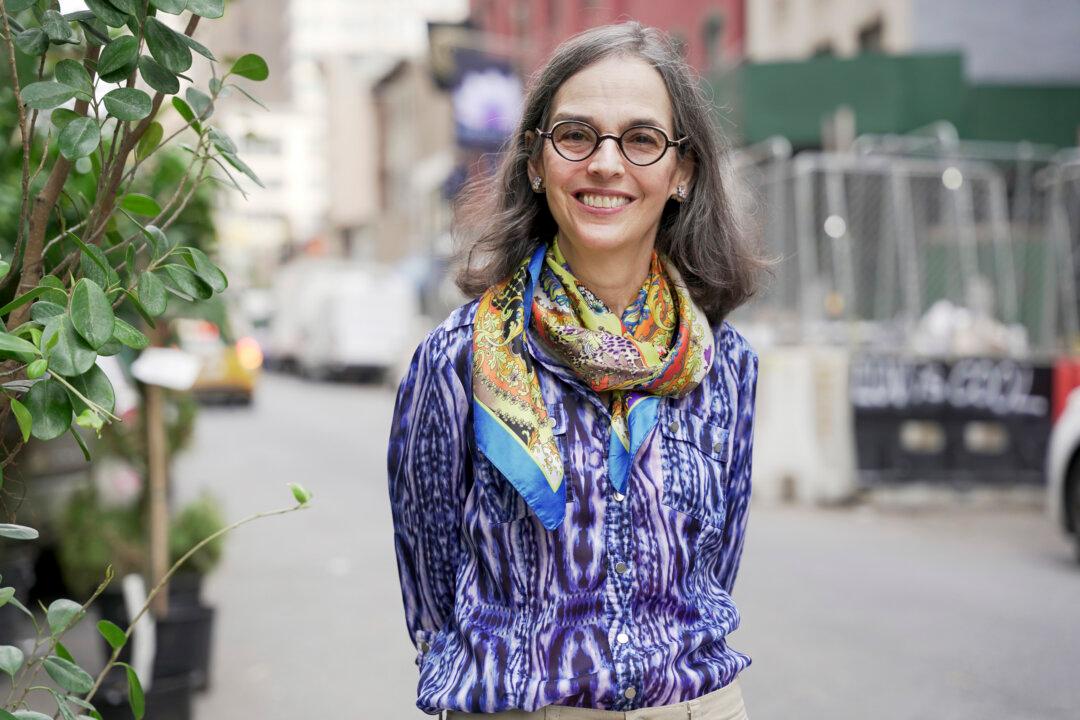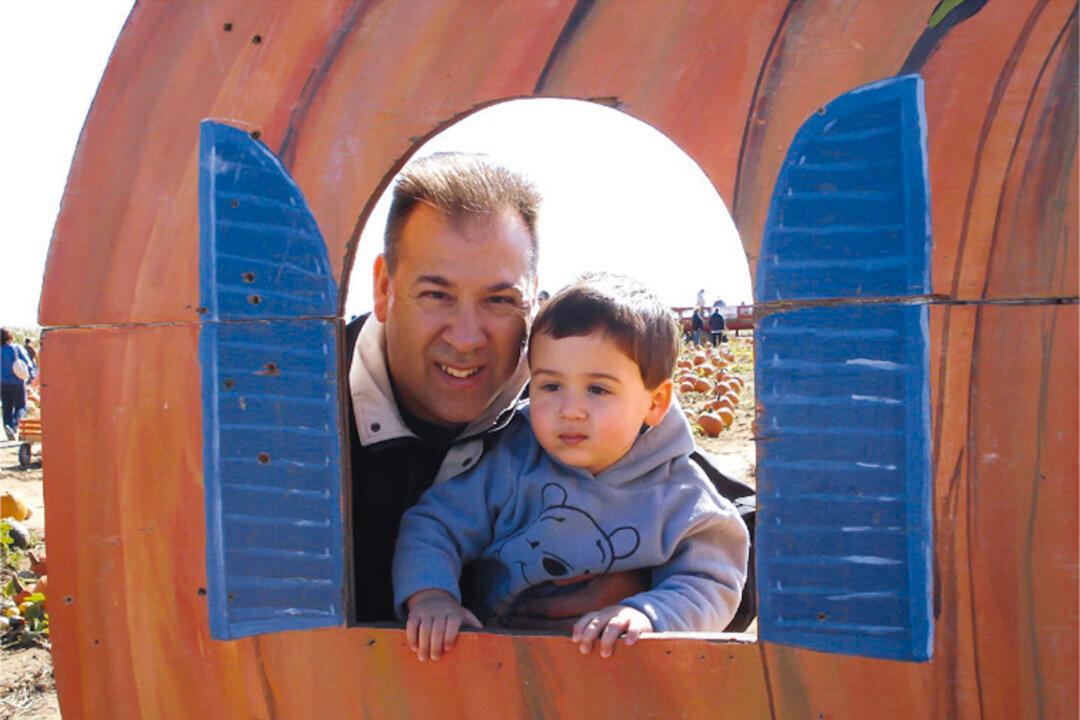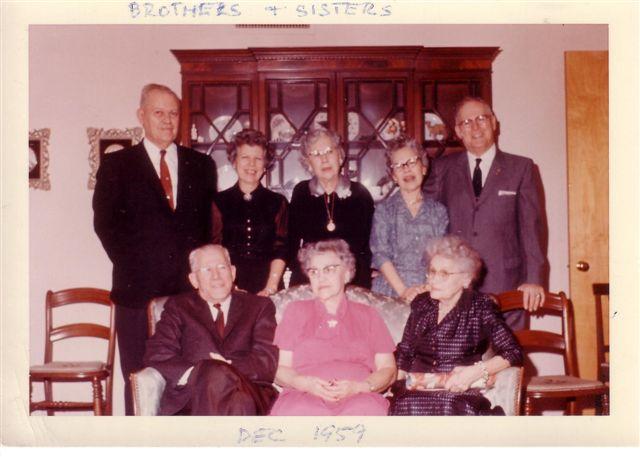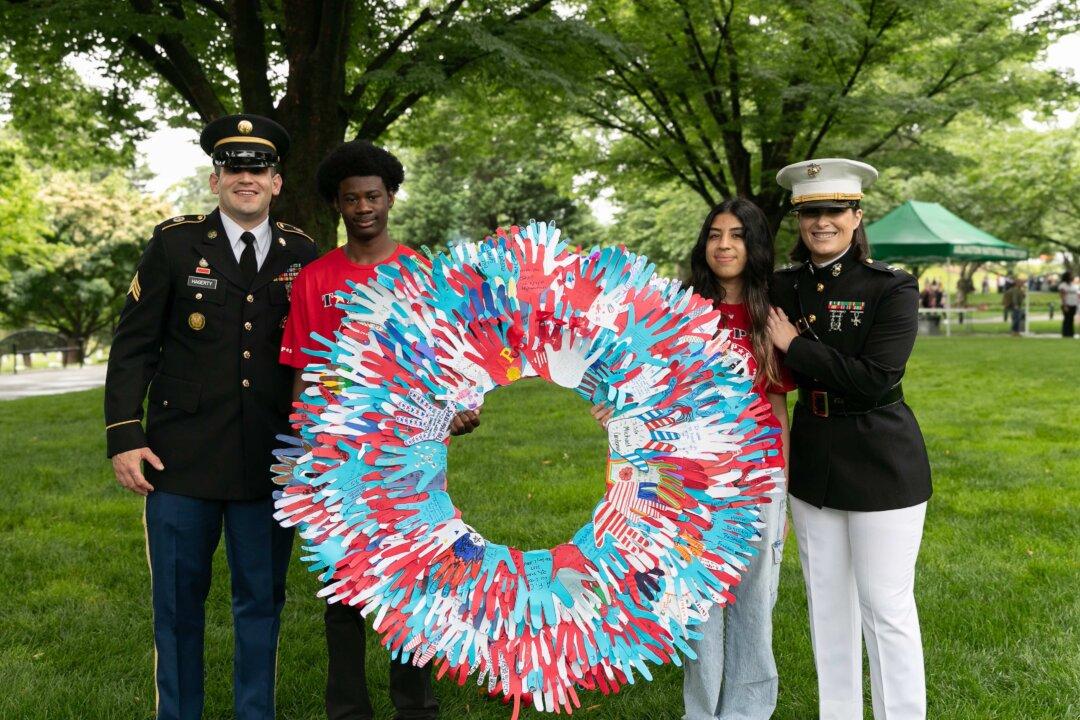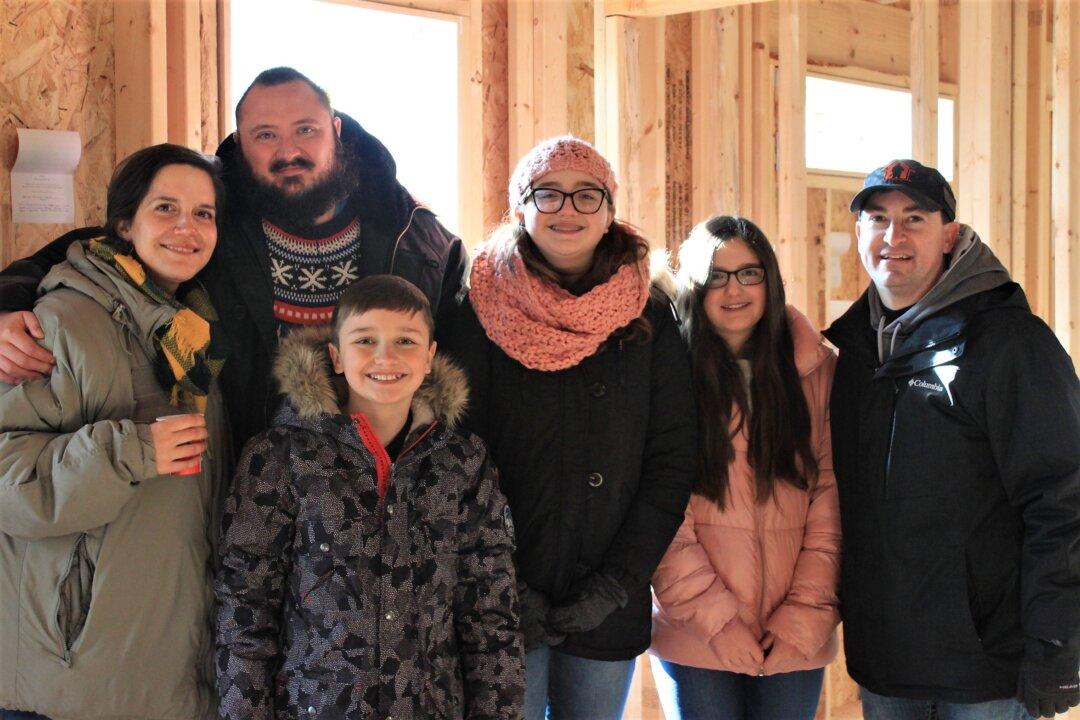When Lenore Skenazy speaks, parents listen.
It all started back in 2008, when Skenazy wrote an audacious newspaper opinion piece about how she allowed her 9-year-old son to ride the New York subway alone. From then on, she was immediately dubbed “America’s worst mom.” And that label spurred the leader within her to start the Free-Range Kids movement.

